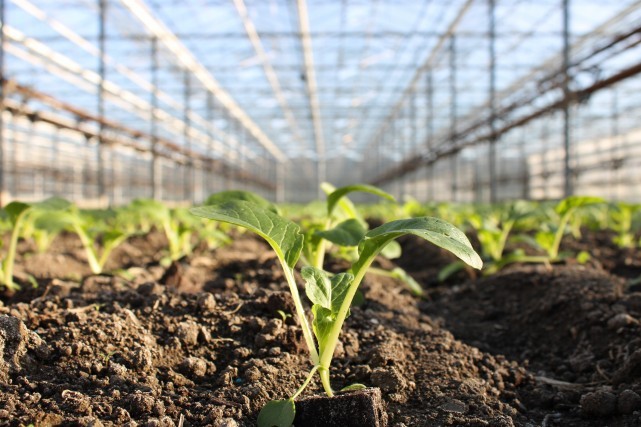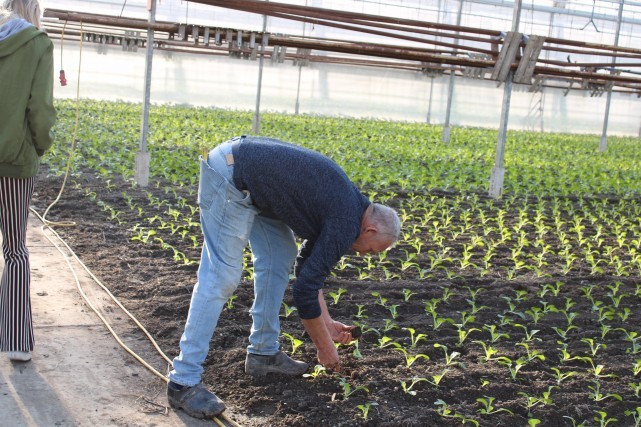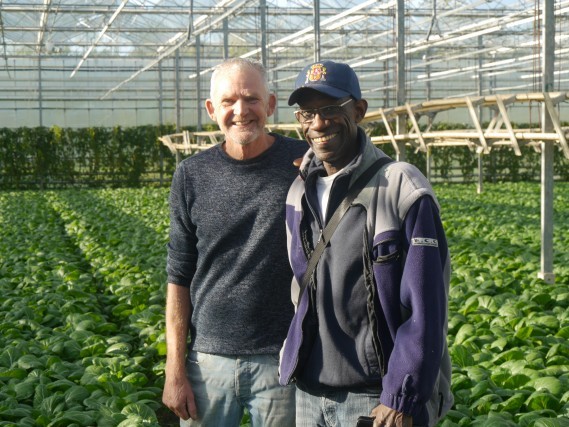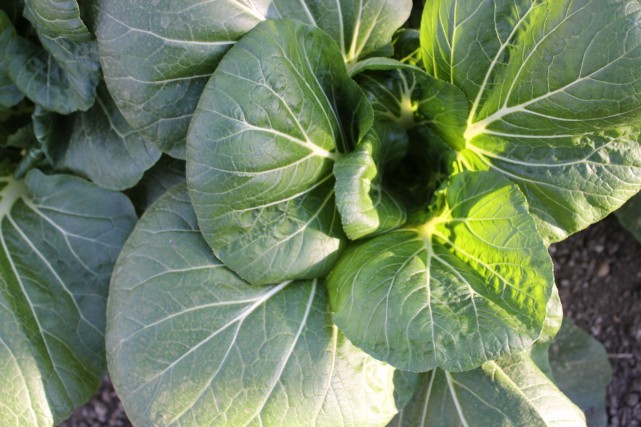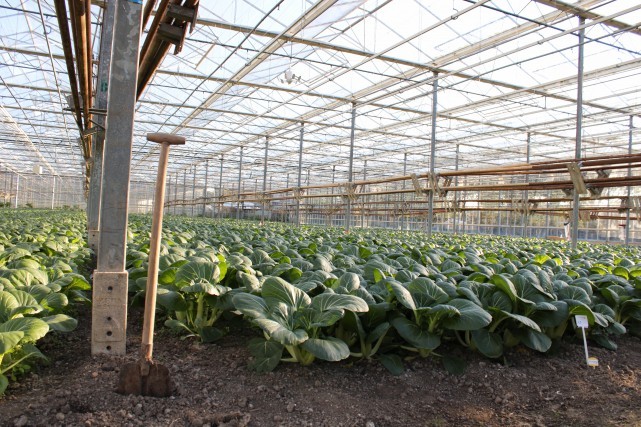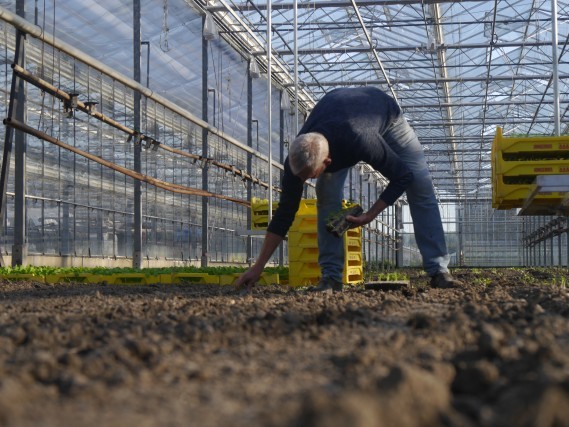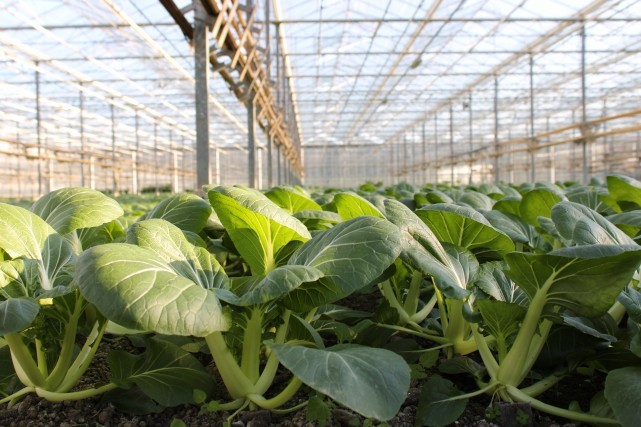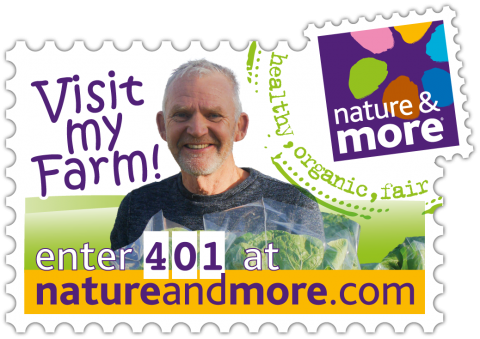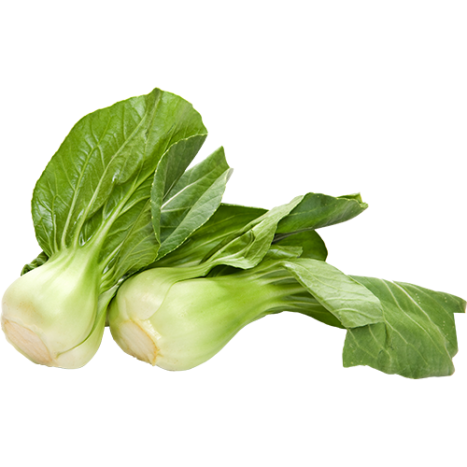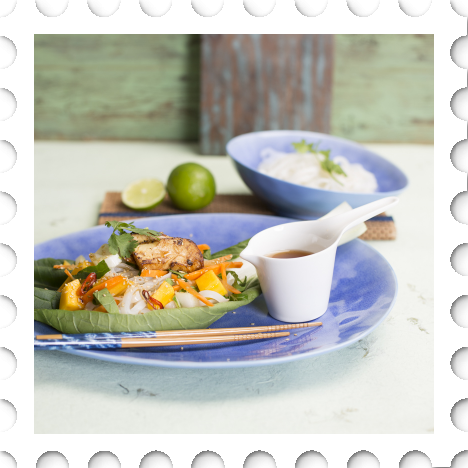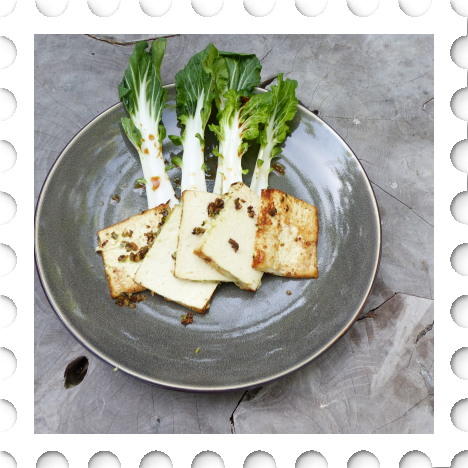N&M: What is special about your product and the region?
Bob: In winter we can grow bok choy very sustainably because it is a cabbage crop that requires almost no energy in winter. For the crop rotation, we alternate this with cucumbers in the summer and these are also grown as sustainably as possible with as little gas consumption as possible. This works out very well in Almere because we are on fresh seabed and that is very fertile ground!
N&M: Why and when did you start growing organically? What advantages did you experience by switching to organic?
Bob: I come from a family of vegetable growers, I am already the fifth generation. My father switched to flowers, especially roses, and I took over the business at the time. However, I became increasingly aware of the amount of pesticides and energy I was using, and at the same time the rose market was under pressure from imports. So I started looking for a more sustainable alternative without pesticides and with a better income, and I ended up with organic cultivation.
The cultivation risk is very high, but it is nice to do something sustainable that really adds something, and that gives me great satisfaction. Dealing with pesticides took some getting used to because the biological agents work more slowly and that takes patience. In the end, you always win with natural enemies.
We do not plant other plants, but we ensure vital, healthy plants that are less susceptible to viruses, fungi and infections. We do this by feeding the soil with compost, creating a good greenhouse climate, and so we try to get a vital plant that is resilient. Other measures in the greenhouse are flowers with pollen so that the biological fighters can survive.
What is really nice to see is that you let nature work for you without pesticides and that we now really work with nature. I used to think that I was in control of nature, but now I notice that if we follow nature, nature always has the solution.
N&M: Do you have any other plans to improve sustainability in your business?
Bob: We are looking for packaging materials that are not made of plastic but function in the same way. We don't like to use plastic, but for example bok choy dries out very quickly if you don't pack it. You can keep them much longer in a plastic sleeve. We are looking for an alternative for this plastic and that of the cucumber and hope that we can make progress in that in the coming years.



